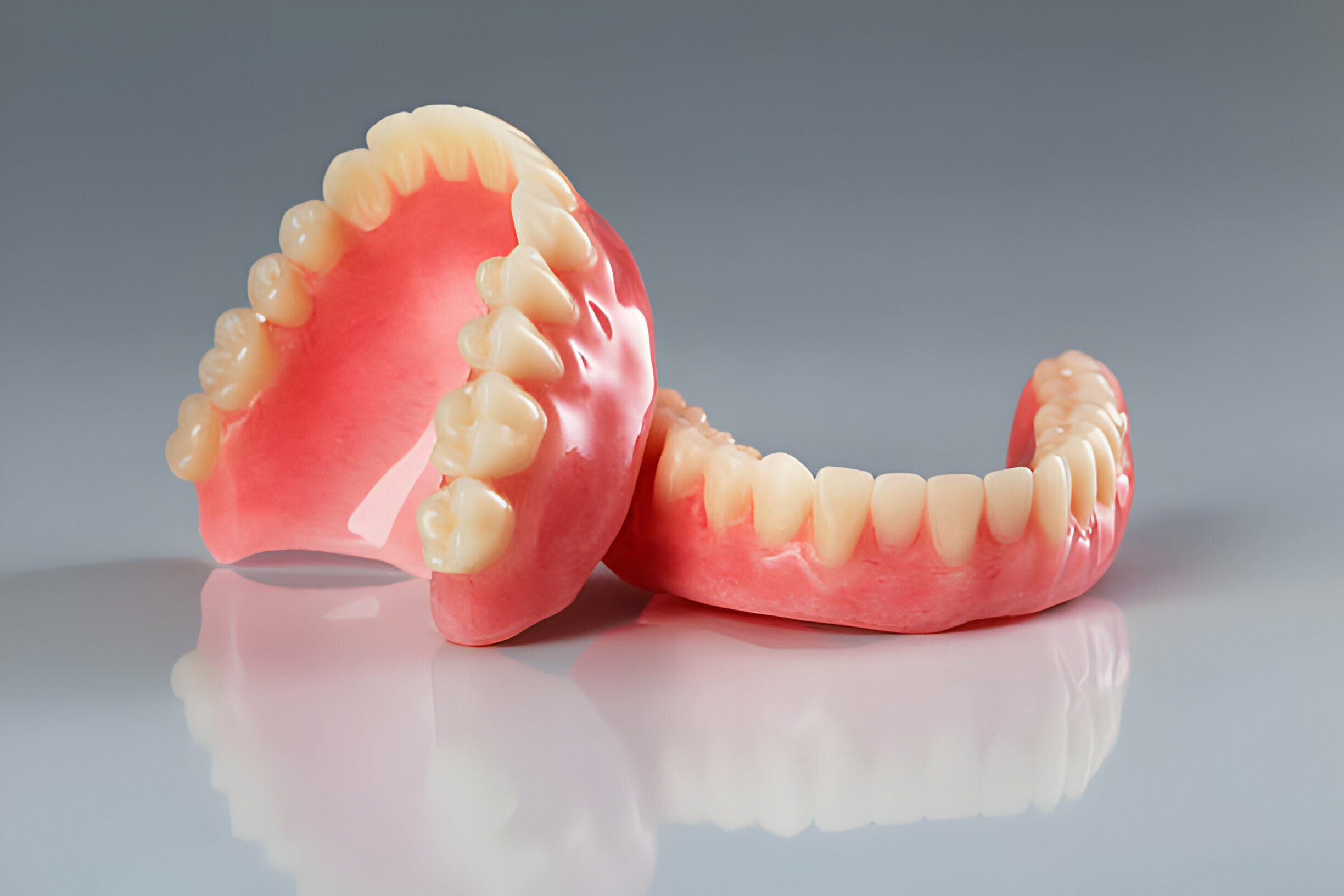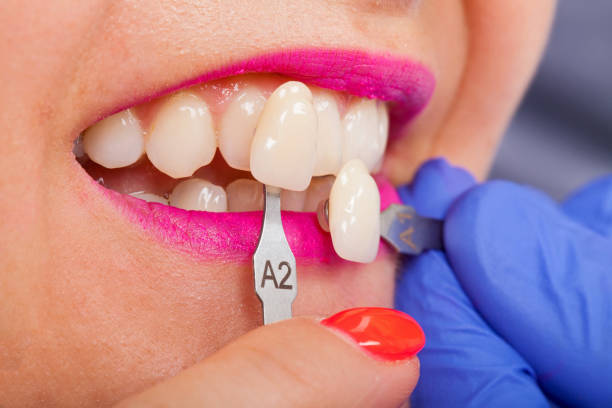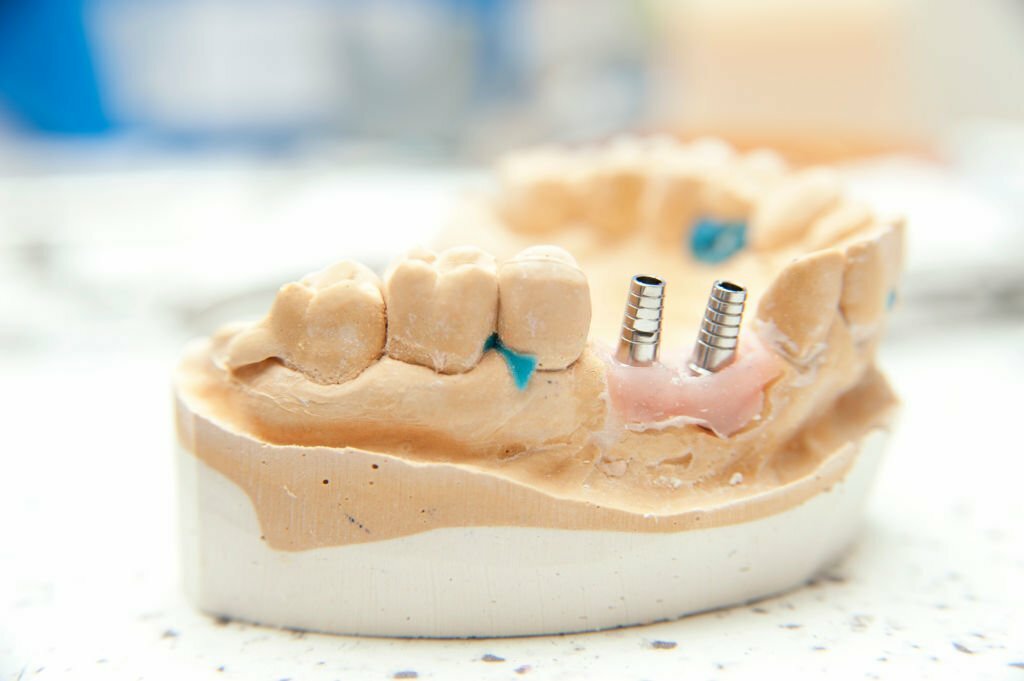
Dental implants are permanent replacements for your teeth roots, while dentures are a temporary solution for missing teeth, and you can remove them whenever needed.
Before choosing either of these dental solutions, you must understand the difference between dental implants and dentures.
This blog takes a closer look at:
So, ensure you read till the end and understand these differences to make an informed and right decision.
At least 70% of adults aged 35 to 44 have one missing tooth. One out of four elderly adults over 74 are missing all their teeth.
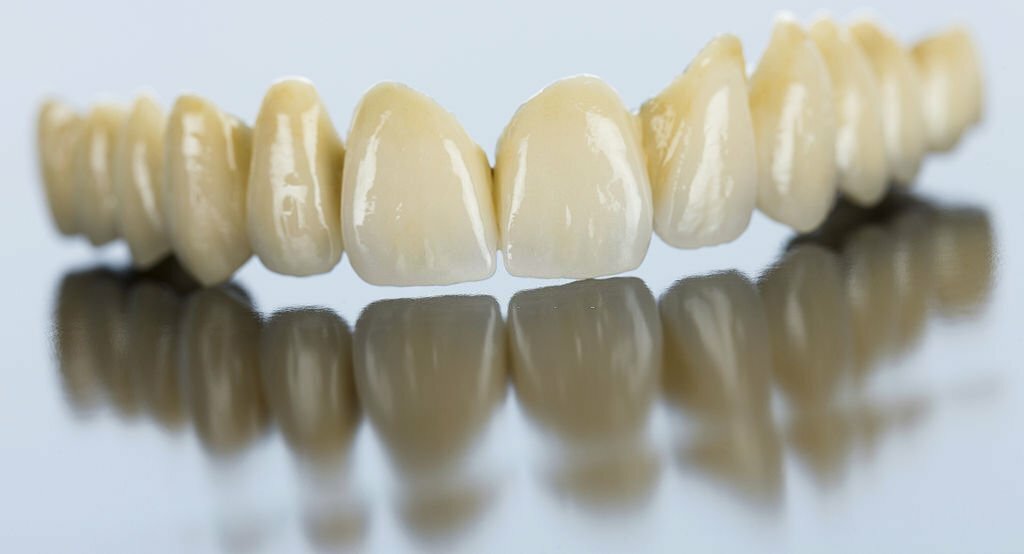
This makes teeth-missing solutions such as dental dentures and implants excellent for people missing one or multiple teeth. While both these solutions are effective, choosing the right one depends on your unique needs.
This blog will explore the difference between dental dentures and implants to help you make the right decision. So, let’s get started without any further ado.
Before you understand the nuances of which is better, implants or dentures, you must first understand how these dental devices can help you. So, here are some of the best-known reasons to consider getting dental implants or dentures.
Recent studies show dental implants are becoming very popular among adults aged 55 to 64. Many factors fuel this popularity, but the permanent nature of dental implants is one of the main reasons.
You must remember that dental implants require you to have enough bone left for installing implants like screws and later capped with dental crowns. Before you get dental implants, your dentist Grants will extract the damaged tooth root and then drill a hole into the jawbone.
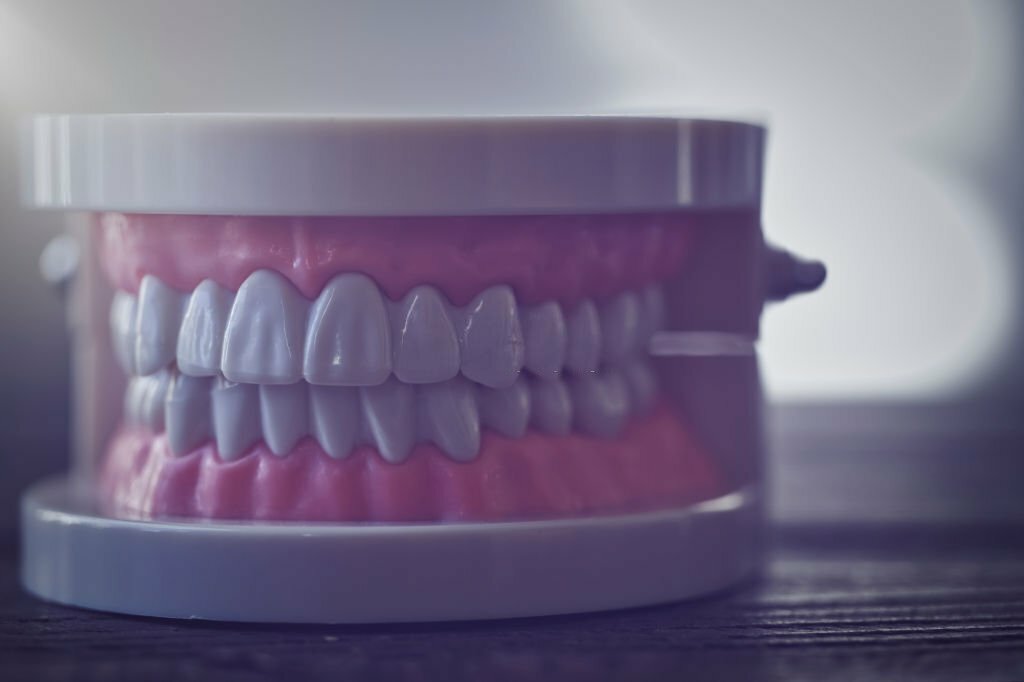
They will then install a post, a metal prosthetic root, deep into the jawbone. Your dentist will then wait until the bone starts growing again and secure the post before finally installing a crown on the top.
Remember that your jawbone might require a couple of months to heal after getting the post-implanted. But after the bone has healed, you can finally get the abutment and fit a crown on the implant. Once you get these procedures timely, you will soon have a dental implant resembling your natural teeth.
Unlike denture implants, you can remove your dental dentures at any point needed. You can fix these prosthetic teeth in your mouth regardless of the amount of jawbone you have left.
There are two main types of dentures:
Your dentist will start the process by taking the impression of your upper and lower gums in case you opt for complete dentures. The dentist will also evaluate your bite and the alignment of your upper and lower jaw. This will help ensure you can easily chew and eat even with your dentures on.
After making the primary denture sets, your dentist will fit them in your mouth to determine if it need an adjustment. After getting everything right in this sphere, the dentist will start working on the final set of dentures based on your needs. The dentist will then fix the denture in your mouth using a special adhesive that bonds them to your gums.
Maintaining your dentures or implants is simple. It’s similar to how you would maintain your natural teeth. All you need to do is brush your teeth twice a day, floss at least once a day, and visit your dentist at least twice a year.
However, to enhance your denture’s longevity, you might consider going the extra mile to get things right. Avoid wearing dentures overnight and soak them in a special cleaning solution or water overnight. Besides, you must clean your dentures regularly by removing them after a meal and brushing them.
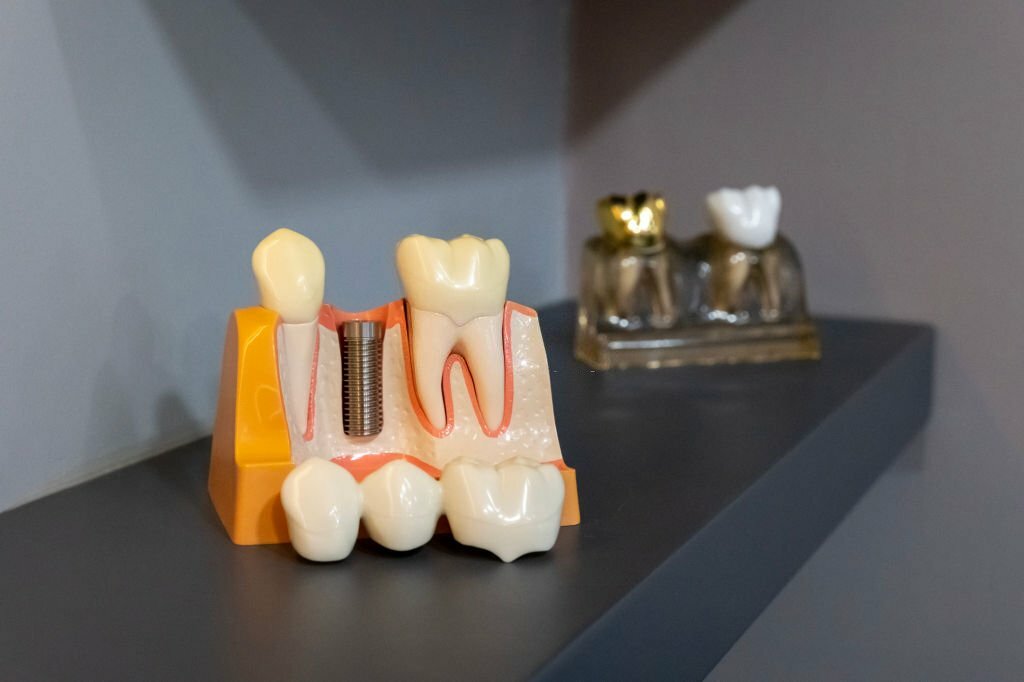
Another important thing here is that your bite will always change with time, making it essential to refit it after a certain period. On the other hand, things are much simpler with dental implants since they are permanent, and maintaining appropriate oral hygiene will do the trick.
However, due to general wear and tear, you might need to replace the crown after it breaks or cracks. When it comes to the maintenance battle of dentures versus implants, it is fair to conclude that implants are a better option.
Choosing the right dental device requires considering age, bone density, hygiene, feel, and function. The best way to make the right decision is to consult a trustworthy dentist and check your teeth. The dentist will evaluate all necessary factors and help you make the right decision for the best results.


